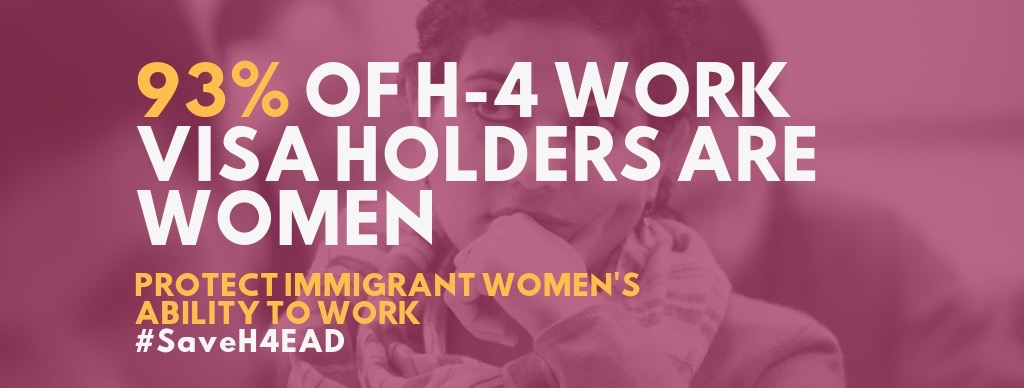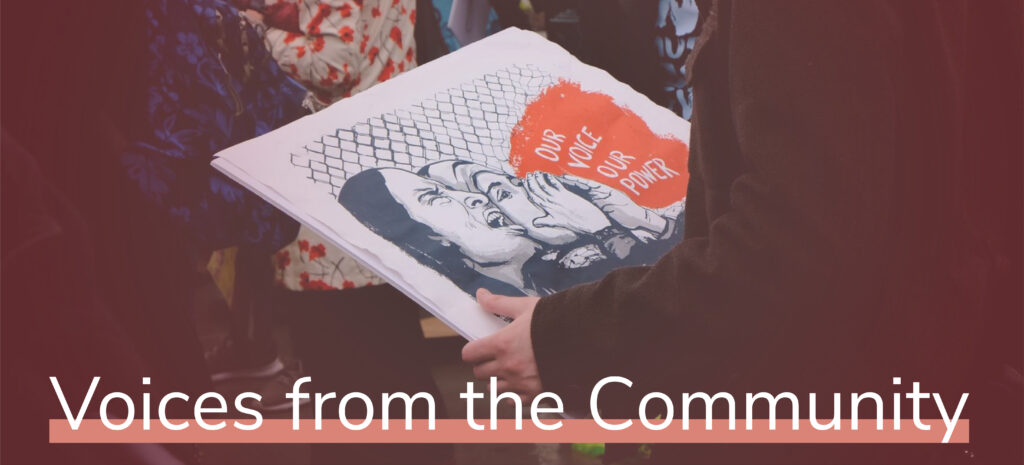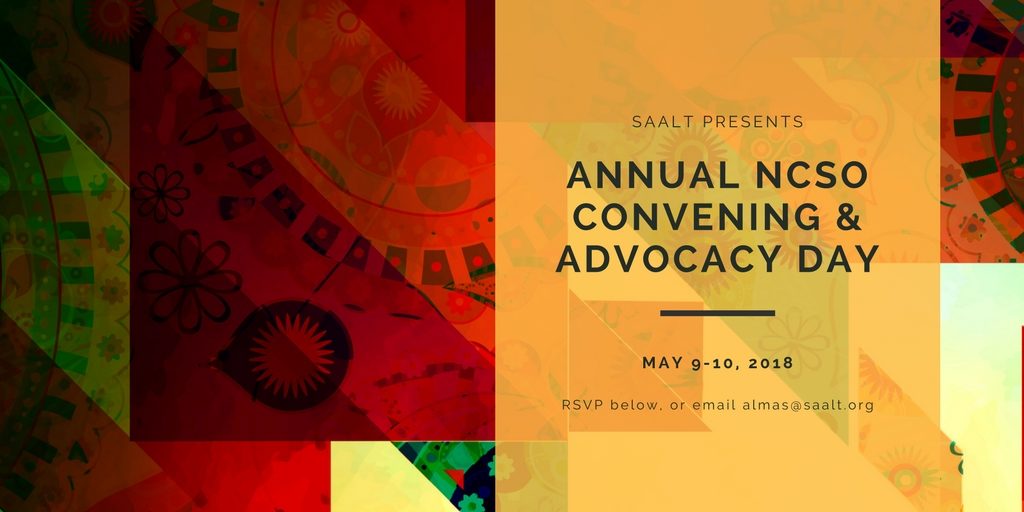February 25, 2022
Dear Chairman Nadler and Ranking Member Jordan,
As organizations that work within Muslim, Arab and South Asian communities at the local and national level, we are pleased to see the House Judiciary Committee holding an important March 1st Hearing on Discrimination and Civil Rights of Muslim, Arab, and South Asian communities. We recognize the tremendous work organizations have done to advocate for congressional hearings that center the erosion of civil liberties for our communities.
However, as organizations who are working with impacted communities, we are concerned about the framing of the hearing. We write to offer recommendations for future hearings pertaining to our communities. Such hearings are part of the official historical record and often end up painting a narrative and pushing policy recommendations that fail to clearly name state violence, structural Islamophobia, and the War on Terror policies as the drivers of individual acts of interpersonal violence. South Asian Americans Leading Together (SAALT) issued reports in 2017 and 2018 documenting the direct correlation between political rhetoric, federal policies, and the increase in incidents of hate violence, which continues today.
Increasingly, we have found that the limited framework of civil rights and civil liberties that often focuses exclusively on security and discrimination does not adequately capture the broad impacts of systemic violence on our communities, which include economic, health, housing, and education, among other social determinants. This limitation has continued to fail in comprehensively and substantively addressing the scope and magnitude of the violence our communities have experienced in the twenty years after 9/11.
We reiterate the requests in our statement for the record to the House Judiciary Committee in response to your April, 2019 Hearing on Hate Crimes and White Nationalism to once again take the following recommendations in planning hearings:
- Broaden the frame of “civil rights and liberties” to better understand how state violence, structural Islamophobia, and the War on Terror policies are the drivers of individual acts of interpersonal violence.
- Engage more directly and much further in advance with community-based organizations, grassroots and advocacy organizations at the local level in developing the framework for a hearing and identifying witnesses.
- Hold multiple panels that center survivors, impacted community members, and community-based organizations.
- Ensure such hearings are not government platforms for Islamophobes, bigots, and racists to promote their hateful agendas as if they are a legitimate juxtaposition to community-based testimony.
- Offer more lead time for organizations to submit statements for the record.
- Create space to hear directly from one group rather than grouping Muslim, Arab, and South Asian identities together. Often in such groupings, important racial, gender, ethnic, class, caste, and religious identities are erased.
- Invite grassroots and community-based groups to speak who hold an abolitionist and transformative justice framework to address state, institutional, and interpersonal forms of violence. We want to amplify the Muslim Abolitionist Futures grassroots policy agenda calling for abolishing the War on Terror and building communities of care and hope such hearings moving forward include progressive policy recommendations that tie together the various, intersecting, and complex root causes of violence rather than privileging narrow, reformist policy agendas.
As groups on the frontlines of defending our communities targeted by punitive government policies, our organizations hope there is a radical shift in how such hearings are carried out. Survivors of state violence, hate violence, and bigotry deserve honest inquiries and true justice from their elected officials. Congress must hold subsequent hearings that comprehensively and substantively confront and address these issues.
Signed,
Justice For Muslims Collective
South Asian Americans Leading Together (SAALT)
Muslim Abolitionist Futures Network
View as a PDF here.



